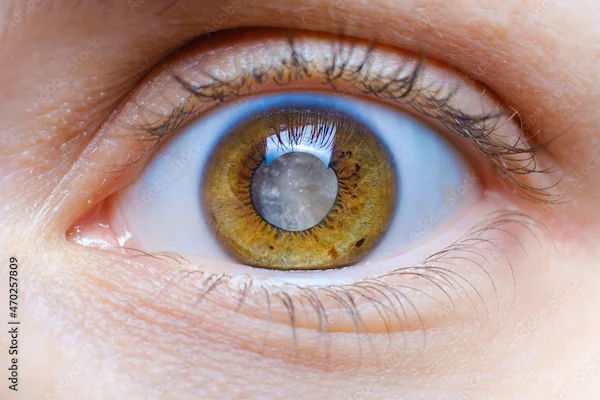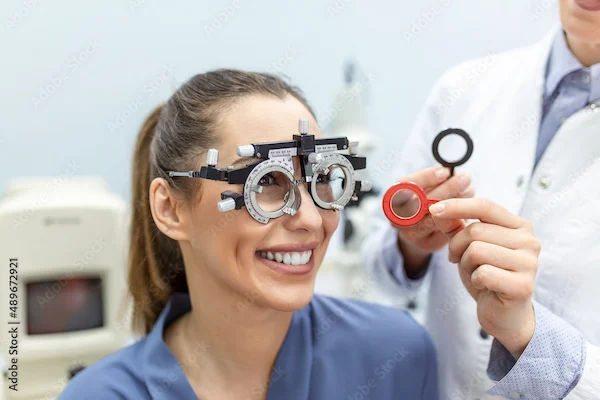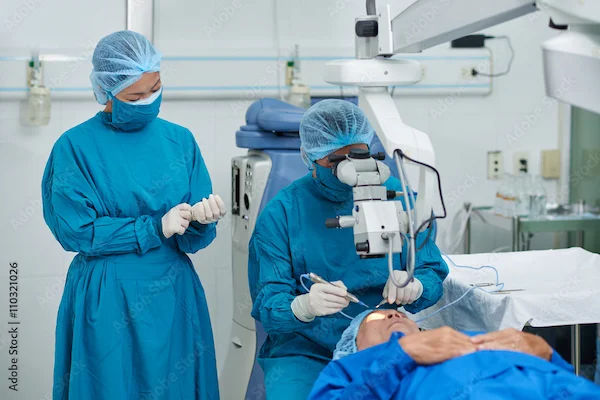Difference Between Laser Cataract Surgery And Regular Cataract Surgery
Understand the core differences between laser cataract surgery and traditional phacoemulsification. Learn about the techniques, precision, benefits, and cost variations to help choose the right procedure for your cataract removal.

Written by Dr.Sonia Bhatt
Last updated on 16th Jul, 2025

Introduction
If you or a loved one has been diagnosed with cataracts, you may be wondering about the best treatment options. Cataract surgery is a common and highly successful procedure, but did you know there are two main types—laser-assisted cataract surgery and traditional (regular) cataract surgery? Understanding the differences can help you make an informed decision about your eye care.
What Is Cataract Surgery?
Cataracts occur when the natural lens of the eye becomes cloudy, leading to blurry vision, difficulty seeing at night, and faded colors. Cataract surgery involves removing this cloudy lens and replacing it with an artificial intraocular lens (IOL) to restore clear vision.
Both laser and regular cataract surgeries aim to achieve the same goal, but they use different techniques.
Consult Top Specialists for Personalised Tips
Key Differences Between Laser and Regular Cataract Surgery
The key difference between laser and regular cataract surgery are:
1. How the Incision Is Made
Regular Cataract Surgery (Phacoemulsification):
The surgeon makes a small incision in the cornea manually using a blade.
An ultrasound probe breaks the cloudy lens into small pieces, which are then suctioned out.
Laser Cataract Surgery (Femtosecond LaserAssisted):
A computerguided laser creates precise incisions in the cornea.
The laser also softens the cataract, making it easier to remove.
Benefit of Laser: More precise incisions, reducing human error.
2. How the Cataract Is Broken Up
Regular Surgery: Uses ultrasound energy to break the cataract, which can sometimes generate heat.
Laser Surgery: The laser treats the cataract, requiring less ultrasound energy, which may reduce stress on the eye.
Benefit of Laser: Potentially gentler on the eye, lowering the risk of complications.
3. Accuracy in Lens Positioning
Regular Surgery: The surgeon manually positions the new artificial lens (IOL).
Laser Surgery: The laser helps create a perfectly centered opening for the IOL, improving vision outcomes.
Benefit of Laser: Better alignment can lead to sharper vision, especially for premium IOLs (like multifocal lenses).
4. Recovery Time
Both surgeries have a similar recovery period (a few days to weeks).
Some patients report faster visual recovery with laser surgery due to its precision.
5. Cost Difference
Laser cataract surgery is more expensive than traditional surgery because it uses advanced technology.
Insurance may cover only part of the cost, so check with your provider.
Which One Is Right for You?
Both methods are safe and effective, but your choice may depend on:
Your eye condition (complex cases may benefit from laser precision).
Budget (laser surgery costs more).
Desired visual outcome (if opting for premium IOLs, laser may help).
Your ophthalmologist can guide you based on your specific needs.
Tips for a Smooth Recovery After Cataract Surgery
Whether you choose laser or traditional surgery, follow these tips for better healing:
Avoid rubbing your eyes.
Use prescribed eye drops to prevent infection.
Wear sunglasses outdoors to protect your eyes.
Avoid heavy lifting or strenuous activities for a few weeks.
Attend all followup visits with your doctor.
When to See a Doctor?
If you experience:
Severe pain
Sudden vision loss
Increased redness or swelling
...contact your eye specialist immediately.
Final Thoughts
Both laser and regular cataract surgeries are highly successful in restoring vision. The main differences lie in precision, technique, and cost. If you're considering cataract surgery, consult an eye specialist to determine the best option for you. Book a consultation with an Apollo24|7 ophthalmologist today for personalized care!
Consult Top Eye Surgeon
Consult Top Specialists for Personalised Tips
Dr. S Venkateswaran
Ophthalmologist
35 Years • MBBS, PGD (OPTHALMOLOGY)
Tiruvannamalai
Shiva Eye And General Hospital, Tiruvannamalai

Dr. Smriti Nagpal
Ophthalmologist
13 Years • MBBS , MS (Ophthalmology)
New Delhi
Sunshine mediclinic, New Delhi

Dr. Rajeev Gupta
Ophthalmologist
24 Years • MBBS, MS (Ophthalmology)
Ghaziabad
Om Eye & Gynae Centre, Ghaziabad
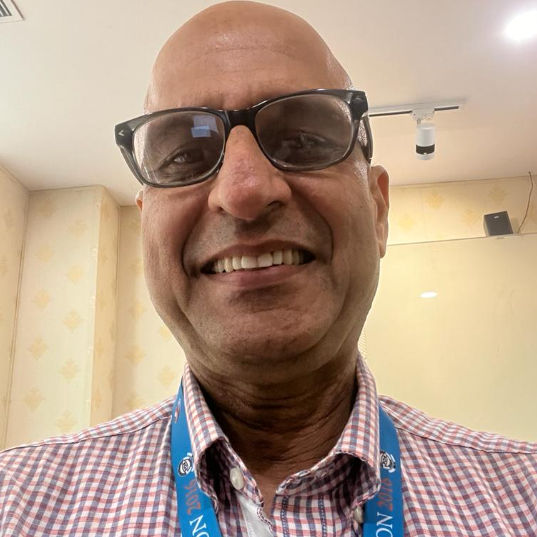
Dr Rajesh Rastogi
Ophthalmologist
33 Years • MBBS, MS Ophthalmology
New Delhi
Rotary Diabetic Centre, New Delhi
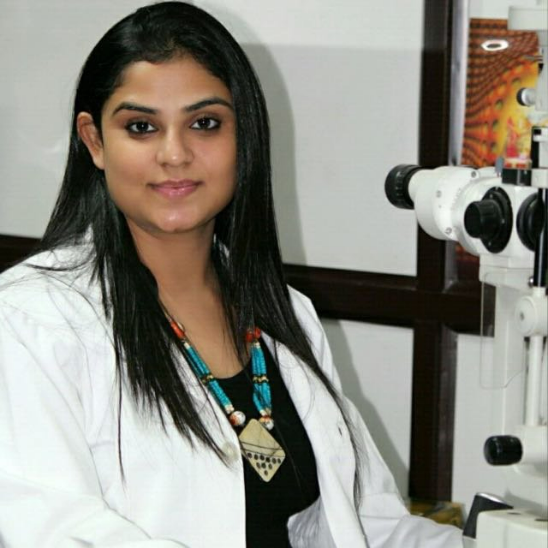
Dr. Anchal Gupta
Ophthalmologist
10 Years • MBBS,MS ( Opthamology )
New Delhi
NETRAM EYE FOUNDATION, New Delhi
Consult Top Eye Surgeon
Dr. S Venkateswaran
Ophthalmologist
35 Years • MBBS, PGD (OPTHALMOLOGY)
Tiruvannamalai
Shiva Eye And General Hospital, Tiruvannamalai

Dr. Smriti Nagpal
Ophthalmologist
13 Years • MBBS , MS (Ophthalmology)
New Delhi
Sunshine mediclinic, New Delhi

Dr. Rajeev Gupta
Ophthalmologist
24 Years • MBBS, MS (Ophthalmology)
Ghaziabad
Om Eye & Gynae Centre, Ghaziabad

Dr Rajesh Rastogi
Ophthalmologist
33 Years • MBBS, MS Ophthalmology
New Delhi
Rotary Diabetic Centre, New Delhi

Dr. Anchal Gupta
Ophthalmologist
10 Years • MBBS,MS ( Opthamology )
New Delhi
NETRAM EYE FOUNDATION, New Delhi
.webp)
.webp)
